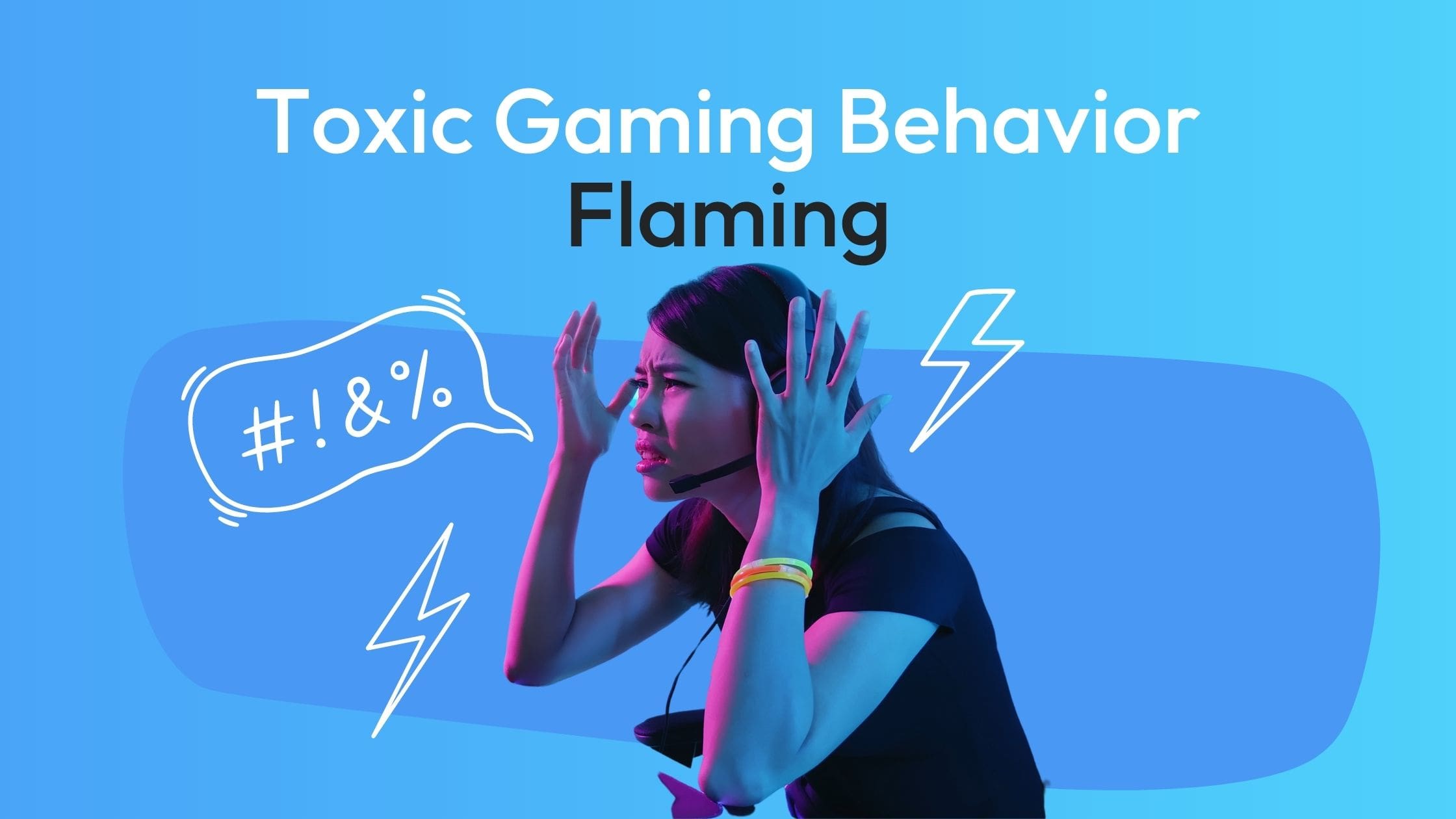Your child insulted another player in a game.

What is Flaming in Gaming?
Flaming is displaying hostility towards other players in a game by insulting, swearing or using otherwise offensive language towards them. Research shows that the more time spend online gaming, the more they tend to use flaming. Players who flame others express themselves in a more aggressive and more exaggerated way than they would in any other communication setting.
Why players use flaming?
Players use flaming, like many other forms of toxic gaming behaviour, do so because they can remain somewhat anonymous. Many times, a player will enter into a game, start flaming the players and then the other players begin flaming each other. When the original “flamer: leaves the game, the rest of the players are n an uproar leaving it nearly impossible to win the game. The ultimate goal of flamers is to throw off the game to result in a loss.
How flaming affect players
Most players naturally feel very confused when a player starts flaming them. When a player gets flamed, they get thrown off their game and then have to deal with the effects they feel after losing. Due to this, they end up experiencing bad performance. Flaming can get very out of control and can turn very nasty. This is when flaming can affect someones mental health. When they hear or read comments such as “you deserve to die” or “no one likes you”, it can be taken very personally and affect someone on a personal level. Female players can be targeted even more and personally attacked for their gender. Those who have been exposed to flaming for a long period of time may run the risk of believing that that kind of behavior and language is appropriate.
Recommendations for Parents
- Encourage your child to mute the game so that they don’t hear the flaming in the game.
- Flaming can be worse in games that are more violent in nature. Encourage your child to play a variety of games so that they are not always exposed to a higher risk of flaming.
- Ignore and stop playing in the game. When flaming is in full force, it is better to leave the game than to deal with the flaming.
- If your child did something that other players didn’t like, remind them to own up to their mistake and then move past it.